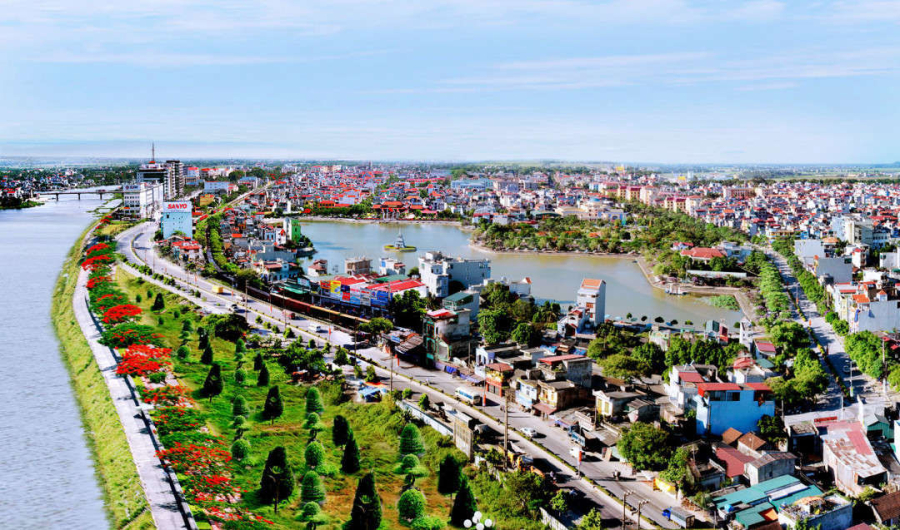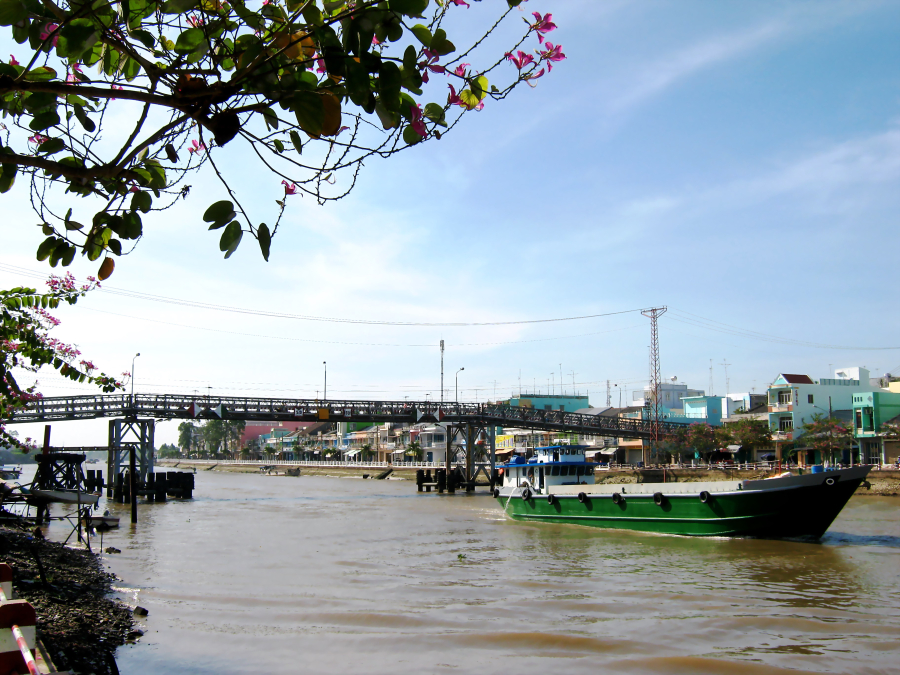In Dong Thap province, there is a unique city called Sa Dec. Have you ever wondered why it has such a name?
In the past, this region was known in Khmer as Phsar Dek, a name that contains two meanings. The first meaning is about a water goddess in the Khmer religion, who is deeply worshipped. The second meaning refers to the Iron Market.
Furthermore, according to local folklore, Sa Dec used to be the name of a beautiful girl in the area. Due to an unsuccessful love affair, she decided to become a nun but later returned and opened a market. The people of her hometown named the market after her to commemorate her efforts, and that name has been kept until today.

Sa Dec is an attractive destination with a history of over 300 years, comparable to the existence of Saigon. It is the oldest urban area in Dong Thap province, with an area of about 5,911 hectares and a population of just over 200,000.
In the past, during the French and the Republic of Vietnam eras, Sa Dec was the administrative center of the former province with the same name. Until before 1994, it was also the provincial capital of Dong Thap. However, according to Decree No. 36-CP, the capital was moved to Cao Lanh. In 2013, Sa Dec was officially upgraded to a city in Dong Thap province and recognized as a second-class municipality in 2018.

Sa Dec is not only famous as the “flower capital” with diverse beautiful flowers in Vietnam but also known internationally through “L’Amant” (The Lover) – a novel by writer Marguerite Duras. The book not only depicts the dreamy, peaceful, yet vibrant beauty of Sa Dec but also helps this city have a special place in world literature.

Marguerite Duras had a bond with Sa Dec throughout her life from 1928 to 1946, leaving an indelible mark. “L’Amant” after being published created a great impact in Indochina and won the Goncourt Prize – a prestigious French literary award for outstanding prose works. The book was later adapted into a film in 1992 and translated into over 40 languages, further expanding its influence.






























